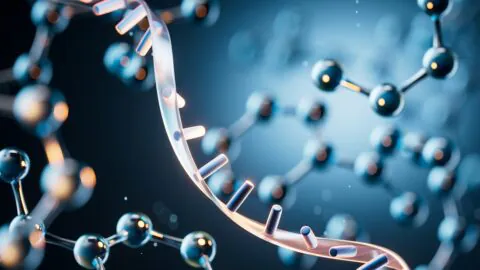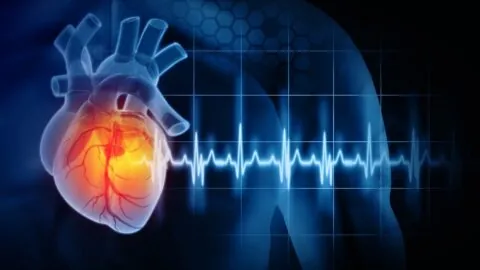January 29, 2026
In Nature Communications, researchers have described how small extracellular vesicles (sEVs) fused with plasma membrane proteins successfully treated heart arrhythmia in a rat model. Why do people need pacemakers? In a healthy heart, the sinoatrial node (SAN) serves as a natural regulator, commanding the heart to regularly contract. As it becomes dysfunctional and fibrotic with...
January 08, 2026
In a paper published in Aging Cell, researchers have described how older cells send long interspersed nuclear element-1 (LINE-1) RNA to other cells in extracellular vesicles (EVs), spurring inflammation. Evil EVs In the literature, EVs are often discussed in a therapeutic context, as they can be used to send beneficial signals. However, EVs are the...
December 08, 2025
Researchers have discovered that extracellular vesicles (EVs) derived from the nasal mucosa provide significant regenerative benefits to tissues throughout the body, including the brain. A very regenerative tissue Previous work involving the transection of sizable portions of the nasal mucosa has found that this tissue grows back quickly and without scarring, even in older people...
July 21, 2025
Researchers publishing in Nature Aging have discovered that extracellular vesicles (EVs) derived from antler blastema progenitor cells (ABPCs) restore bone mass to rhesus macaques. Finding the most effective EVs In the world of rejuvenation research, EVs are nothing new. We have covered them extensively, as studies have repeatedly found benefits for the heart and effectiveness...
April 28, 2025
Researchers have discovered a cocktail of micro-RNA strands that make some extracellular vesicles (EVs) effective in reducing cellular senescence and published their findings in Aging Cell. A new approach to senescence Cellular SenescenceAs your body ages, more of your cells become senescent. Senescent cells do not divide or support the tissues of which they are...
April 03, 2025
Publishing in Stem Cell Research & Therapy, researchers have found that small extracellular vesicles (sEVs) derived from young mice alleviate heart dysfunction in older mice. Reaffirming an approach These researchers note that there are a few ways to classify extracellular vesicles. Many of the earlier classifications were based on their origin, with microvesicles coming from...






